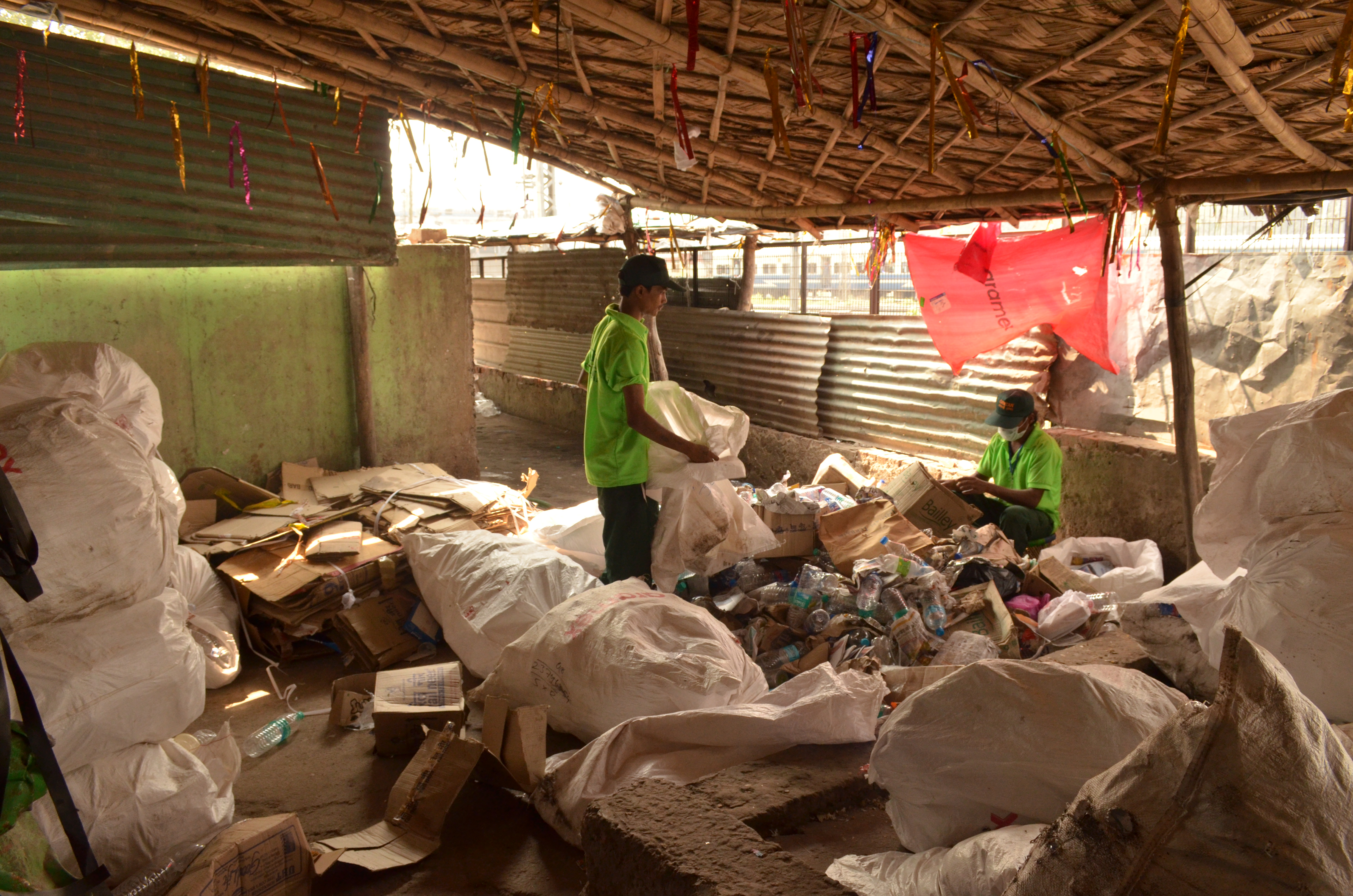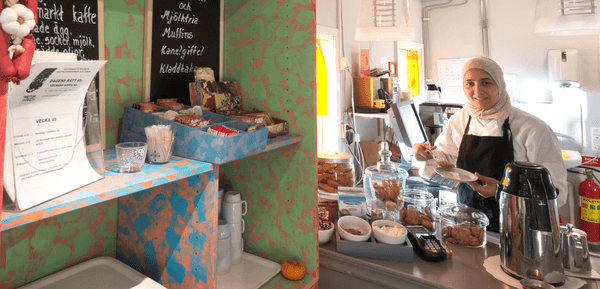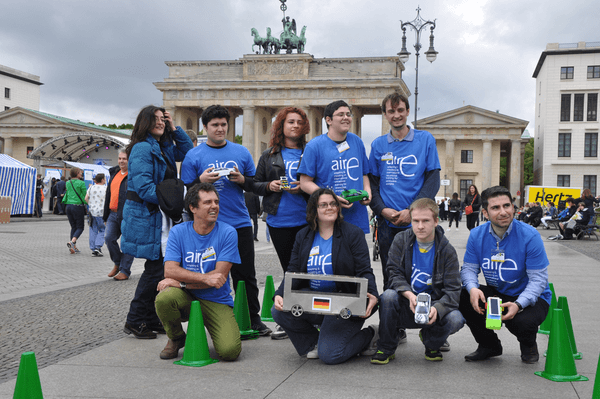
City
New Delhi - NIUA
Main actors
NGO / Philanthropy, Public Utility
Project area
Whole City/Administrative Region
Duration
Ongoing since 1999
The Chintan recycling project at the New Delhi Railway Station manages tons of unsorted garbage every day and enables waste-pickers to carry out their livelihoods in a clean and dignified work environment.
The objective of Chitan Environmental Research and Action Group is "to reduce ecological footprints and increase environmental justice through systemic change, through partnerships, capacity building, sustainable, scalable models on the ground, advocacy and research". Chitan's initiatives include research, campaigns, policy interventions, building capacity among those engaged in recycling, and creating awareness about the need for reduced consumption and better waste management among the middle and upper classes.
The Material recovery Facility at the New Delhi Railway Station has emerged from a partnership between Chintan, Safai Sena (an association of waste-pickers) and the New Delhi railway station. This project is part of Chitan's project "A Voice for Waste" which aim is to help the informal waste-recycling sector understand the value of their work to the environment, organize for green jobs and advocate for better policies both locally and nationally.
Deutsche Bank Urban Age Award
This project was awarded the 'Deutsche Bank Urban Age Award' in 2014.
External links / documents
On Map
The Map will be displayed after accepting cookie policy


